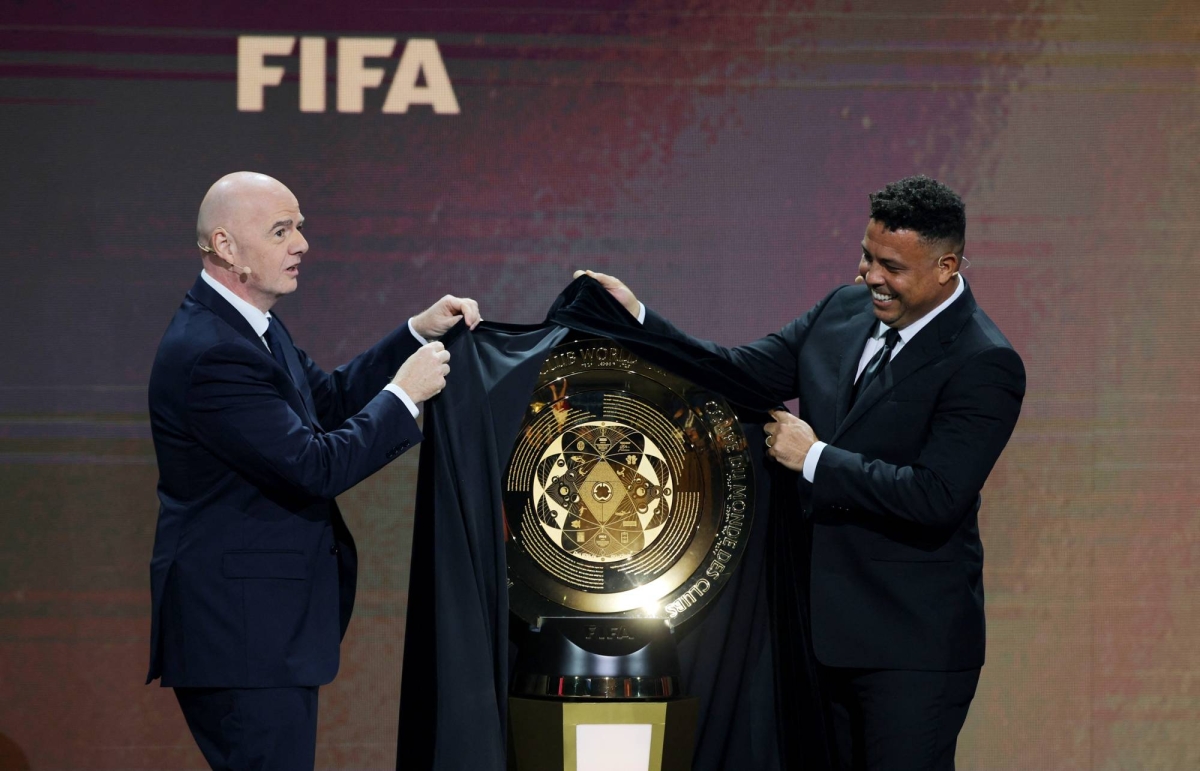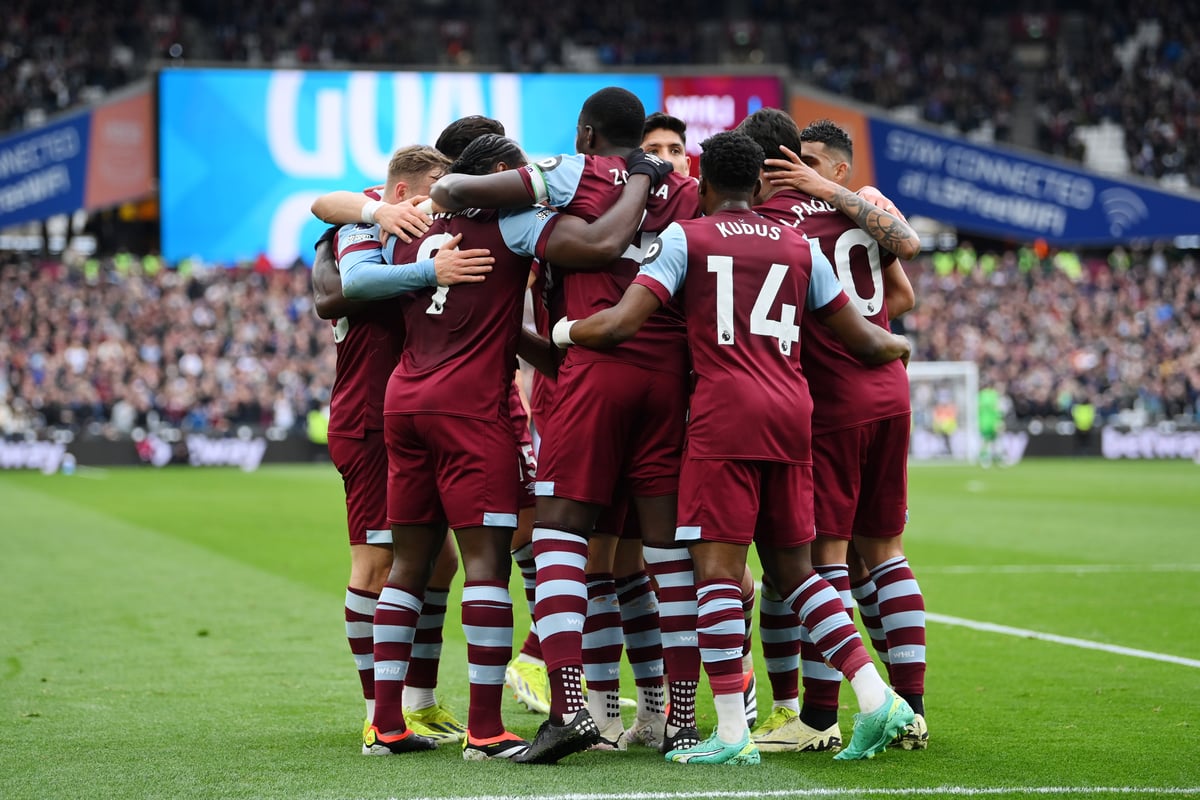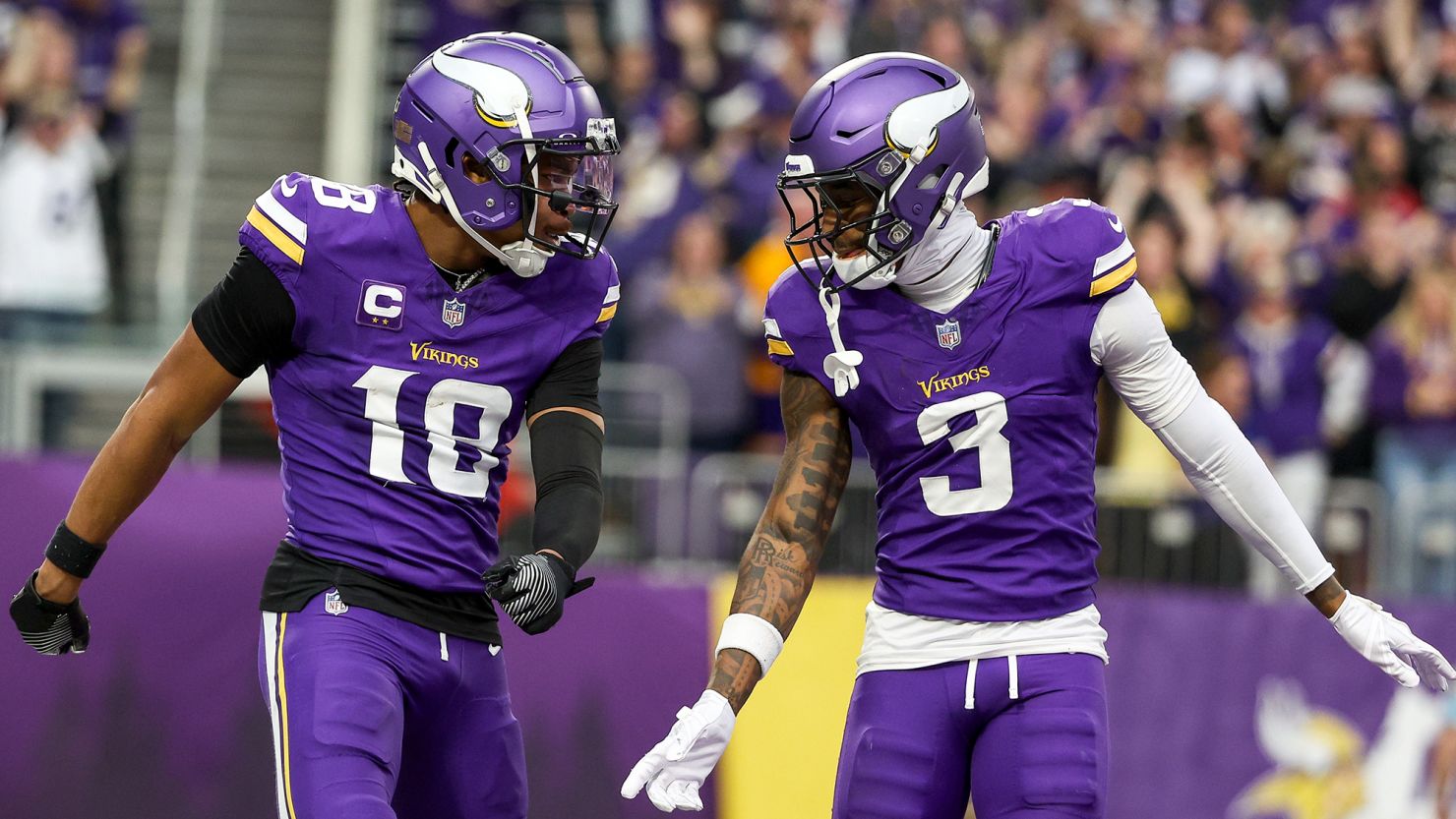FIFA President Gianni Infantino has vigorously defended the newly expanded Club World Cup, which features 32 teams and kicked off earlier this month. Aiming to position it as a globally recognised, revenue-driving tournament, Infantino even revealed Brazil is bidding to host the 2029 edition—with the Brazilian Football Confederation reportedly seeing broad support from FIFA leadership.
A $1 Billion Prize Pool Under Fire
FIFA has promised a jaw-dropping $1 billion prize pool for participants—arguably too generous, according to critics.
- FIFPRO, the global players’ union, warns such massive payouts could distort domestic competition and overload the calendar.
- European Leagues, supported by La Liga chief Javier Tebas, have labelled the concept as “commercial excess”, warning that it undermines league integrity and clogs an already jam-packed schedule.
Indeed, legal action is on the horizon: FIFPRO and European Leagues have lodged complaints with the EU Commission, citing FIFA’s dominant role in fixture-making—a potential breach of EU competition laws.
Attendance and Calendar Woes
Despite its ambitious scale, the tournament has suffered from noticeable attendance issues:
- Average attendance stands around 35,000 per match, based on FIFA’s own figures—and many stadiums report empty seats.
- Spectators cited weekday scheduling, ticket prices, travel challenges, and extreme weather delays—including delayed games from thunderstorms and oppressive heat.
FIFA counters that challenges like these are part of the growing pains: the tournament attracted 556,369 fans over 16 games, and is hosted as a lead-up to the 2026 U.S. World Cup.
FIFA’s USA/Brazil Growth Play
Infantino framed the expansion as a strategic, growth-driven move:
- Engaging U.S. fans: Aligning with the 2026 World Cup in North America, he believes exposing American youth to top-tier club football will challenge the dominance of the NFL, NBA, MLB, and NHLsportstar.thehindu.com+3businesslive.co.za+3en.wikipedia.org+3.
- Introducing promotion and relegation: He sees ad hoc “fairy tale” stories—like Wrexham—as inspiration for U.S. soccer systems to adopt promotion/relegation, to unlock narrative potential .
- Brazilian 2029 bid: The CBF confirmed Infantino was “receptive” to Brazil hosting in 2029, and discussions are under way .
Why It Matters
| Risk | Opportunity |
|---|---|
| Calendar congestion → Player burnout risks, legal complaints | Big media markets (USA, Brazil) → global media & sponsorship revenues |
| Attendance struggles & brand fatigue → crowd optics hurt credibility | Integration with 2026 WC → commercial synergies & amplified global outreach |
| Competition distortion → tension with domestic leagues | New football narratives → US fans reimagining domestic leagues |
For rights holders, federations, and commercial partners, mastering this landscape requires balance and vision:
Key Considerations:
- Regulatory Risk: Domestic leagues and player unions wield influence when welfare is harmed. Be proactive in legal and governance oversight.
- Market Positioning: Global markets like the U.S. and Brazil offer scale—but require smart activation, locally relevant storytelling, and fan-first engagement.
- Talent Strategy: Calendar fatigue demands player rest windows, squad rotation mechanisms, and risk-managed logistics.


